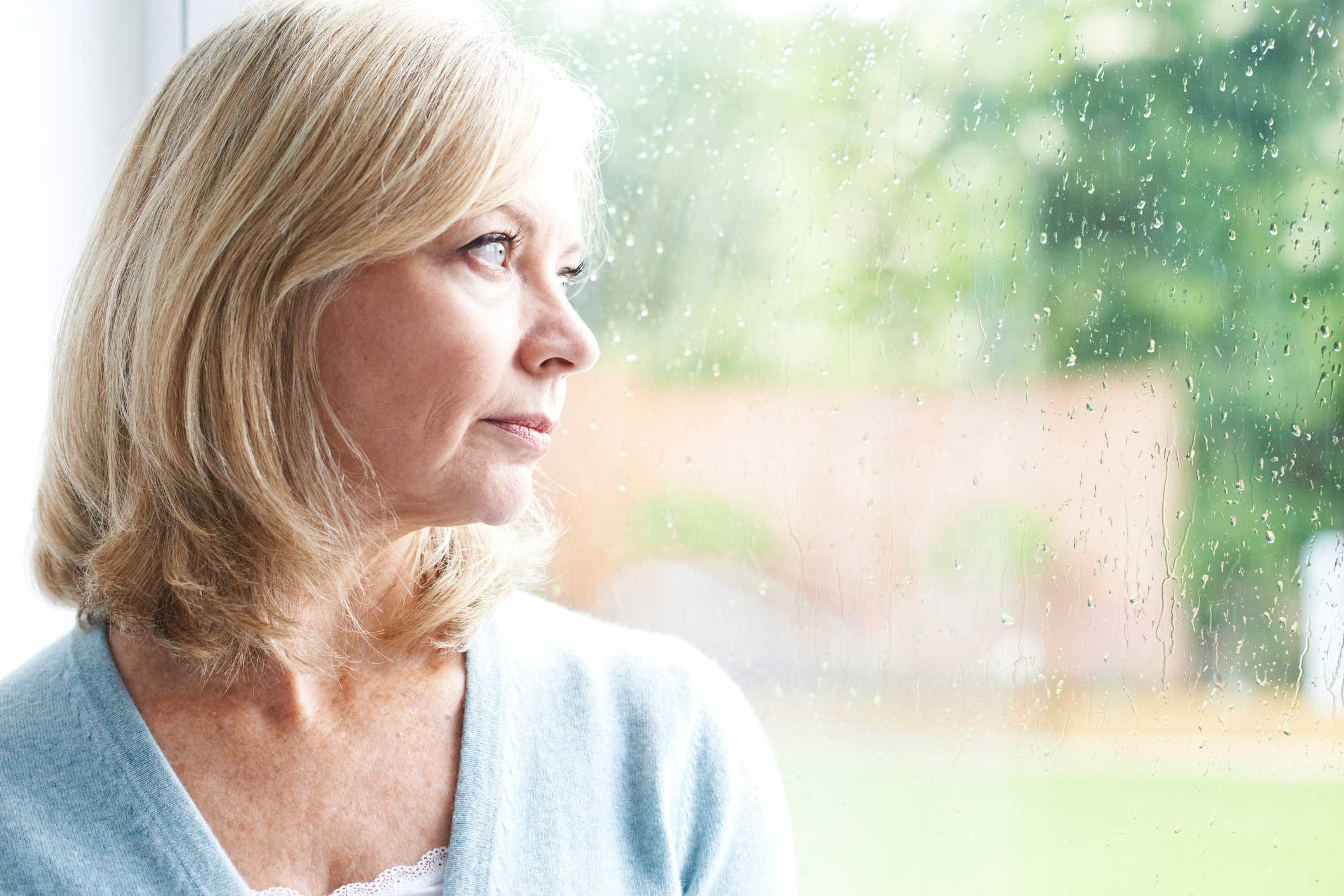<< Back
Study: Socially Isolated Women Face Greater Risk of High Blood Pressure

November 13, 2020
Clearly, COVID-19 understands that women are social creatures, with new research indicating that self-isolation during the pandemic has a detrimental effect on their health.
According to a Canadian study published in the Journal of Hypertension, women who are socially isolated face a higher risk of high blood pressure. The precise level or risk depends on their marital status – compared with married women, single women have a 28 percent higher risk, divorced women a 21 percent higher risk and widowed women a 33 percent higher risk.
“This information goes along with other things we already know – mainly that people who are isolated can become depressed and depression leads to a higher incidence of heart-related issues,” said Dr. Heather Swales, director of the Women’s Heart Wellness Program at The Hospital of Central Connecticut, part of the Hartford HealthCare Heart & Vascular Institute.
“On average, men are more introverted to begin with, while women are often more social. Therefore, if they’re isolated, such as during the pandemic, women might be at higher risk to become depressed.”
While the precise connection between isolation, depression and blood pressure hasn’t been identified, Dr. Swales said there might be a physiological mechanism at play.
“Men and women handle stress differently, and social isolation can be a form of stress. This happens on a biological level that we just don’t fully understand yet,” she said.
The connection works both ways, too. While depression can increase risk for heart disease, having a heart attack can also lead to feelings of depression, she added.
Study authors analyzed data on more than 28,000 Canadians aged 45 to 85. They found social connections were key indicators of blood pressure issues in women. When compared to women with large social networks of more than 220 people, women with less than 85 connections were 15 percent more likely to have high blood pressure.
“This is an interesting finding for hypertension, which is already so prevalent in this country, affecting 50 percent of adults,” Dr. Swales said. “Because of COVID, people are more isolated than ever and they are not seeking routine and urgent medical care like they should.”
In men, the comparisons yield almost the opposite results. Those living alone were found to have a lower risk of hypertension than those with partners, but the size of their social network and participation in social activity was not significantly linked to high blood pressure.
“It’s very interesting. It’s not specific to marriage, either, just living alone. Men could live with a roommate or a child and the results would be the same,” Dr. Swales said.
With public health officials again urging people to hunker down at home as COVID-19’s second wave intensifies, she said the study results remind her about the importance of human interaction for cardiac health.
“This tells me we need to pay attention to the social aspects of each patient’s life and how important medical conditions are impacted by socialization,” Dr. Swales said.
She suggested people regularly:
- Reach out to relatives, neighbors and friends who live alone to see how they’re doing. Chatting alone can boost someone’s spirits.
- Ask pointed questions about their physical and mental health, and whether either has changed recently.
- Offer to find help for them through various community services.
All of us, especially those living alone, she added, should also self-assess for signs of depression or high blood pressure. High blood pressure is often silent, but can sometimes present with chest pressure or pain, trouble breathing, neurologic symptoms or headaches that are different than usual.
It can be useful to purchase an automatic home blood pressure cuff to measure your blood pressure periodically. Ask your doctor what your target numbers should be and if the numbers are elevated or you have any concerns or symptoms, call your primary care provider right away.